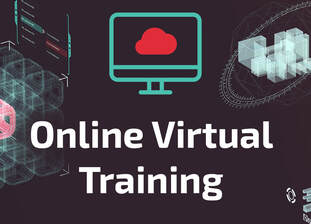 It’s hard to believe that two years ago the world started dealing with the spread of the Covid-19 pandemic that is still lingering as we enter 2022. The way we travel, eat at restaurants, conduct business has all changed dramatically, even our kids schooling, sports, and social lives have altered all with the one thing in mind and that is safety! Airports around the world and especially here in the United States have been meeting and planning for potentially another shut down. With new strains of C-19 (Delta and Omicron variants) spreading and a huge spike in positive test results, we could be in for stricter travel mandates, or even travel bans to help prevent the spread of this virus. In late 2019 the FAA granted Airport Wildlife Biologists and privately owned companies like Loomacres Wildlife Management temporary approval to conduct WHMP reviews and P-139 Airport Wildlife Hazard Training and Identification courses virtually. By utilizing platforms like Zoom, Join.me and Microsoft teams, required Airport Personnel have been able to meet the annual requirements for Wildlife Hazard Management Training. When the pandemic first hit and shutdown was in place as well as the travel ban, we noticed several airports put training on the back burner, rightfully so. However, as the ban started to slowly lift and airports needed to fulfill their Wildlife Training requirements, virtual training took off. After a year of refining our curriculum and material, here are some of the reasons Airports have chosen to do their P-139 Wildlife Hazard Training as well as their Wildlife Hazard Management Plan Review online rather than in person.
To book your airport’s online training or to speak to someone at Loomacres Wildlife Management please fill out the fields below and someone will contact you in a timely manner. Loomacres - 800-243-1462 Bringing Wildlife Management to a Higher Level ©
0 Comments
Leave a Reply. |
Sales & Marketing
|
 RSS Feed
RSS Feed